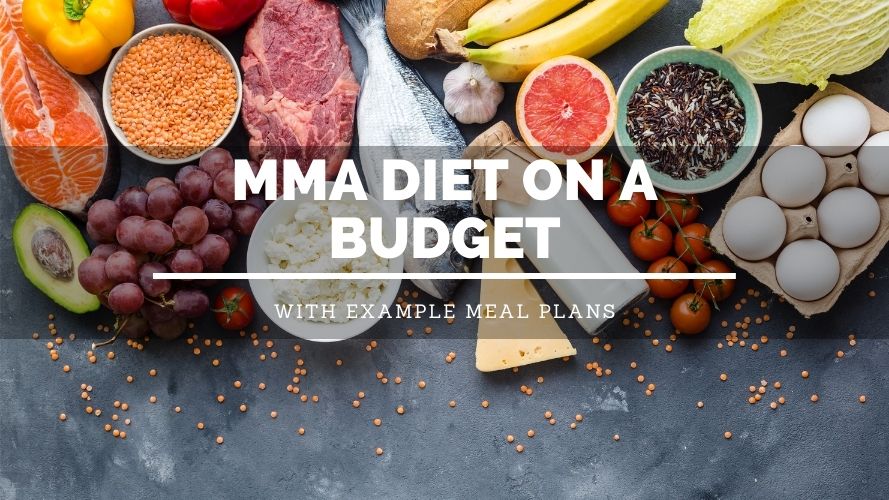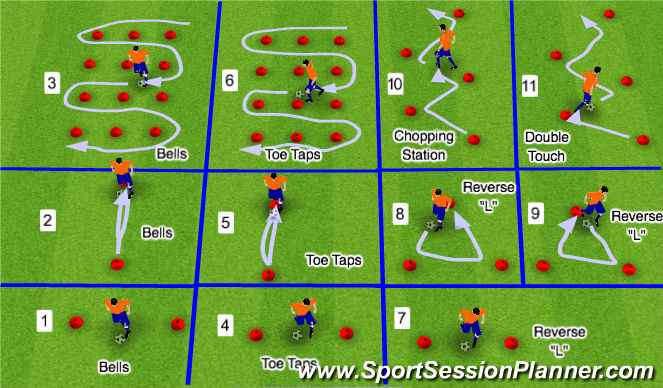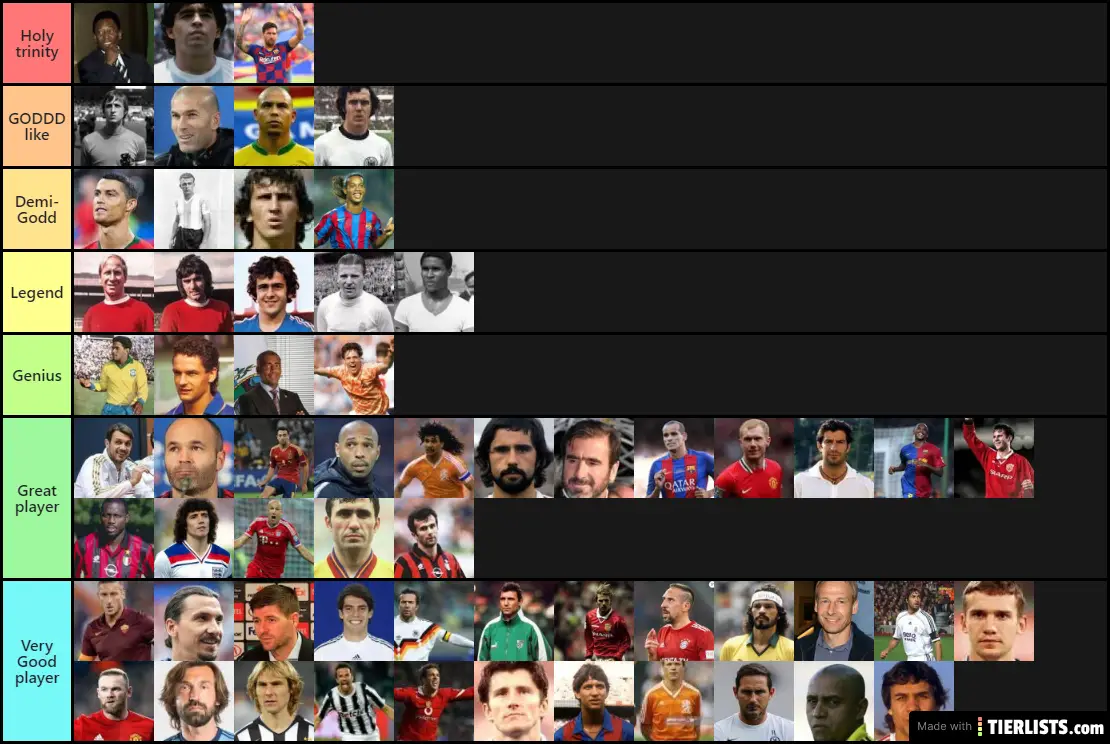
MMA Diet and Nutrition Plan: Fueling Your Fight
Mixed martial arts (MMA) is a grueling sport that demands peak physical condition, mental acuity, and unwavering discipline. While rigorous training is essential, your diet and nutrition plan are equally crucial in determining your success. An MMA diet isn’t just about weight management; it’s about optimizing performance, promoting recovery, and ensuring you’re in the best possible shape to compete at your highest level. This comprehensive guide will delve into the intricacies of creating a winning MMA nutrition strategy.
Understanding Your Energy Needs:
Before diving into specific dietary recommendations, it’s crucial to understand your individual energy needs. These needs fluctuate based on several factors, including:
- Training Volume and Intensity: High-intensity training sessions require significantly more calories than lighter workouts. The frequency and duration of your training sessions directly impact your caloric needs.
- Body Composition: Your body composition—the ratio of muscle mass to fat—influences your metabolic rate. More muscle mass translates to a higher resting metabolic rate, meaning you burn more calories even at rest.
- Weight Class: Making weight for a fight often requires meticulous calorie control and strategic nutritional planning. Athletes aiming for lower weight classes will require a more restrictive diet.
- Individual Metabolism: Metabolic rates vary between individuals, influencing how efficiently your body processes and utilizes energy.
Determining your exact energy requirements necessitates consulting a registered dietitian or sports nutritionist. They can assess your individual circumstances and provide a personalized caloric target. However, a general guideline is to focus on a balanced macronutrient intake while meticulously tracking your food intake and adjusting based on your weight and performance.
Macronutrient Distribution: The Foundation of Your MMA Diet:
The three primary macronutrients—carbohydrates, proteins, and fats—form the cornerstone of an effective MMA diet. Their distribution should be strategically planned to meet your specific training demands and recovery needs.
-
Carbohydrates: Carbohydrates are your body’s primary energy source, especially during intense training. They replenish glycogen stores in your muscles and liver, preventing fatigue and ensuring optimal performance. Prioritize complex carbohydrates like brown rice, quinoa, sweet potatoes, and whole-grain bread over simple sugars found in processed foods and sugary drinks. Carbohydrate intake should be higher on training days and gradually reduced closer to weigh-in.
-
Proteins: Protein is essential for muscle growth, repair, and recovery. It’s crucial for building and maintaining muscle mass, which is vital for strength, power, and endurance in MMA. Aim for a high protein intake, incorporating sources like lean meats (chicken, turkey, fish), eggs, dairy products (Greek yogurt, cottage cheese), and legumes. Protein intake should be consistent throughout your training cycle, supporting muscle repair and growth.
-
Fats: Healthy fats provide energy, support hormone production, and aid in nutrient absorption. Include sources like avocados, nuts, seeds, olive oil, and fatty fish (salmon, tuna). Fats are vital for overall health and shouldn’t be eliminated from your diet; however, moderation is key.
Hydration: The Often-Overlooked Essential:
Hydration is paramount in MMA. Dehydration can lead to fatigue, decreased performance, and increased risk of injury. Maintain consistent hydration throughout the day, even when not training. Carry a water bottle with you and sip water regularly. Electrolyte drinks can be beneficial, especially during intense training sessions or in hot climates, to replenish electrolytes lost through sweat.
Timing Your Nutrition: Optimizing Performance and Recovery:
Strategic timing of your meals and supplements can significantly impact your training and recovery.
-
Pre-Workout Nutrition: A light meal or snack 1-3 hours before training provides sustained energy without causing digestive discomfort. Focus on easily digestible carbohydrates and a small amount of protein.
-
Post-Workout Nutrition: Replenishing glycogen stores and promoting muscle recovery is crucial after training. Consume a meal or snack containing carbohydrates and protein within 30-60 minutes of finishing your workout.
-
Meal Frequency: Consider spreading your caloric intake across 5-6 smaller meals or snacks throughout the day rather than consuming three large meals. This strategy maintains consistent energy levels and promotes better nutrient absorption.
Supplementation: Supporting Your Nutritional Needs:
While a well-balanced diet should provide most of your nutritional needs, certain supplements can be beneficial for MMA athletes. However, always consult with a healthcare professional or registered dietitian before starting any supplement regimen.
-
Creatine: Creatine monohydrate can enhance strength, power, and performance during high-intensity training.
-
Protein Powder: Protein powder can be a convenient way to increase protein intake, especially when time is limited.
-
Omega-3 Fatty Acids: Omega-3s offer anti-inflammatory benefits, which can be helpful in managing muscle soreness and inflammation.
-
Electrolyte Supplements: Electrolyte supplements can help replenish minerals lost through sweat, preventing dehydration and muscle cramps.
Weight Management in MMA:
Weight management is a significant aspect of MMA, as athletes often need to make weight for their respective weight classes. Safe and effective weight management requires a multi-faceted approach:
-
Gradual Weight Loss: Rapid weight loss can be detrimental to health and performance. Aim for a gradual and sustainable weight loss strategy.
-
Professional Guidance: Consult a registered dietitian or sports nutritionist to create a safe and effective weight management plan tailored to your individual needs.
-
Hydration and Electrolyte Balance: Maintain adequate hydration and electrolyte balance during the weight-cutting process.
-
Avoid Extreme Caloric Restriction: Severe caloric restriction can impair performance, weaken the immune system, and increase the risk of injury.
Conclusion:
An effective MMA diet and nutrition plan is not a one-size-fits-all approach. Individual needs vary based on training volume, weight class, and individual metabolic rates. By understanding your energy requirements, strategically distributing macronutrients, prioritizing hydration, and utilizing supplementation appropriately, you can optimize your performance, promote recovery, and fuel your journey to becoming a successful MMA fighter. Always seek professional guidance from a registered dietitian or sports nutritionist to create a personalized plan that aligns with your specific goals and health needs. Remember, nutrition is just as important as training in achieving success in this demanding sport.



